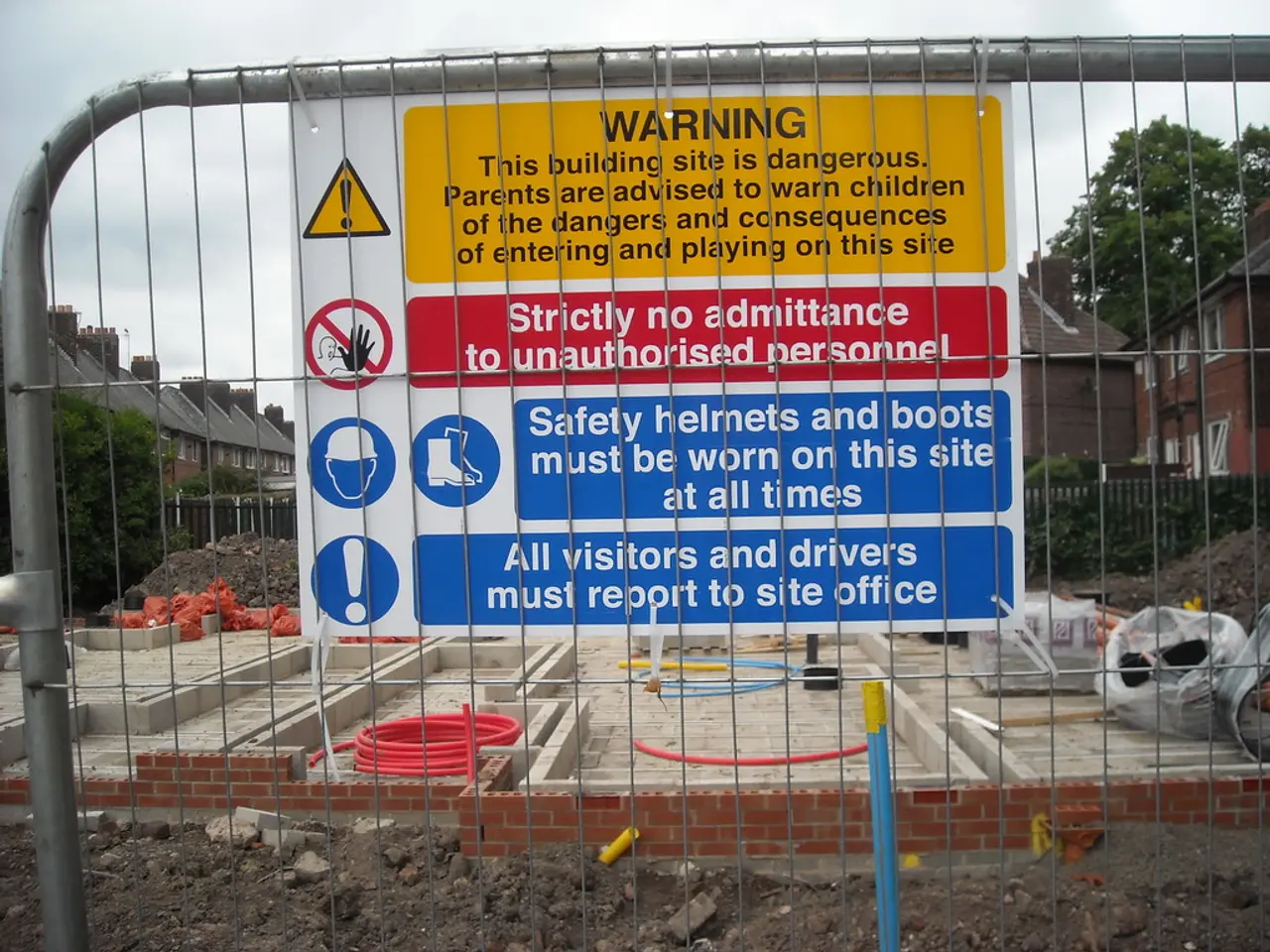Comprehending the Obligations Under the WARN Act in Terms of Workforce Reductions and Catastrophic Events
In the ever-evolving business landscape, employers must navigate various legal requirements, particularly when it comes to significant workforce changes such as mass layoffs or plant closures. One such federal law is the Worker Adjustment and Retraining Notification (WARN) Act, which has specific provisions for exceptions, including those related to natural disasters.
### How the WARN Act Applies to Natural Disasters
The general rule under the WARN Act is that employers must provide at least 60 days' notice before conducting a mass layoff or plant closure affecting 50 or more full-time employees. However, in the event of a natural disaster, this requirement can be waived if the layoff or closure is directly caused by the disaster and could not have been anticipated or prevented.
If a natural disaster occurs during a planned acquisition and layoffs are necessary, the employer might be able to claim the natural disaster exception. This would require demonstrating that the layoff or closure was a direct result of the disaster and not due to the planned business actions.
In such cases, employers are still required to provide notice as soon as practicable, which means as soon as it becomes feasible to do so. This notice should include details about the layoff or closure.
### Legal Considerations
Employers should be aware that violating WARN provisions can lead to penalties, including back pay and benefits for affected employees, unless they can successfully claim an exception. Legal action can also be taken against employers who fail to comply with WARN, including class action suits by employees and local government units.
It is essential to note that the acquisition itself does not exempt employers from the WARN Act's 60-day notice requirement. The WARN Act does not automatically exempt an acquisition from the 60-day notice requirement for planned closure of factory lines and layoff of over 500 workers.
### The Importance of Legal Counsel
Given the complexities of WARN Act compliance, exceptions, and the specific facts at hand, HR's advice to management should be to consult with an experienced employment lawyer. This step can help ensure the company avoids potential liability for WARN Act violations and navigates the intricacies of the law effectively.
For those preparing for the SHRM Senior Certified Professional (SHRM-SCP) exam, resources such as the SHRM-SCP certification exam practice question and answer (Q&A) dump with detailed explanations and references are available free, which can be helpful in passing the SHRM-SCP exam and earning the SHRM-SCP certification.
[1] U.S. Department of Labor, Employee Rights under the WARN Act, https://www.dol.gov/agencies/eta/layoff/general [2] U.S. Department of Labor, Frequently Asked Questions about the WARN Act, https://www.dol.gov/agencies/eta/layoff/faqs [3] U.S. Department of Labor, Enforcement of the WARN Act, https://www.dol.gov/agencies/eta/layoff/enforcement
In the context of natural disasters, employers may waive the 60-day notice requirement under the Worker Adjustment and Retraining Notification (WARN) Act if a planned layoff or closure is directly caused by the disaster and could not have been anticipated or prevented. To effectively navigate the complexities of WARN Act compliance and potential exceptions, employers should seek the advice of an experienced employment lawyer.




